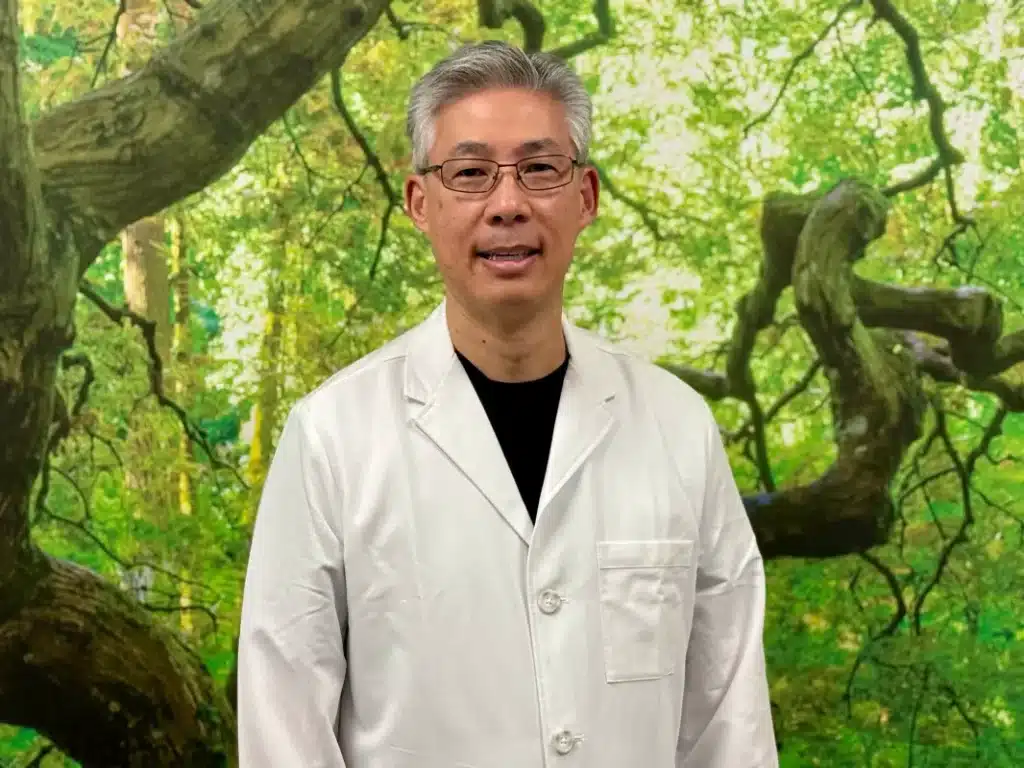How Depressed Am I?
Contrary to what you might think, the possibility of experiencing a depressive episode is a “when,” not “if.” Most people will get depressed at least once at some point in their life. Typically, these symptoms go away with time. For others, depression is a longer term debilitating condition. Thankfully, new treatment options make finding real relief possible.
What is depression?
Depression, also known as major depressive disorder or clinical depression, “is a common but serious mood disorder. It causes severe symptoms that affect how you feel, think, and handle daily activities, such as sleeping, eating, or working. To be diagnosed with depression, the symptoms must be present for at least two weeks.”
Ignoring symptoms of depression can have serious consequences, sometimes leading to suicide. Many of the symptoms can be treated with therapies like ketamine.
Warning signs
Depression and mental illness have their own warning signs in adolescents and adults, but some are more obvious than others:
- Excessive worry or fear
- Sadness
- Extreme mood changes
- Easily irritated or angered
- Trouble perceiving reality
- Mysterious physical ailments without sign of injury or another cause
- Trouble sleeping
- Difficulty with relationships
Key facts about depression
- Depression affects more than 250 million people globally.
- “Depression is a leading cause of disability worldwide and is a major contributor to the overall global burden of disease.”
- Women are more at risk than men to suffer mild, moderate, or even severe symptoms of depression.
- In a 2019 survey, 2.8% of adults had severe depression symptoms, 4.2% suffered from moderate symptoms, and 11.5% experienced mild symptoms in the previous two weeks before the survey.
- People 18- to 25-years old are at the highest risk for depression.
- More than 3 million adolescents 12- to 17-years old are depressed in any given year.
How depressed am i?
If you’re suffering from symptoms of depression and don’t know where to turn, consider talking with a doctor or licensed mental health provider. People often brush off the symptoms, thinking their mood swings or emotions are the result of a bad day at work, school, or a domestic squabble. It’s probably more than that. Your physician can assess your symptoms through a questionnaire (PHQ-&) and quantitate the level of your depression.
Here are some questions to ask yourself, which will not only help you understand what’s going on, but will help your doctor or therapist treat your depression.
- Do I have trouble falling asleep?
- How well do I sleep during the night?
- Do I wake up too early or sleep too much?
- How often do I feel sad?
- Is my appetite normal?
- Is my weight okay?
- Do I have trouble concentrating or making decisions?
- How do I view myself?
- Do I think about death or suicide?
- Am I still interested in hobbies or pastimes?
- How’s my energy level?
- Do I feel restless?
- Do I seem to move or talk in slow motion?
Types of depression
Major types of depression include:
- Persistent depressive disorder is a depressed mood that lasts for at least two years
- Postpartum depression mostly affects women after childbirth, but also has been observed in spouses and other children
- Seasonal affective disorder mostly happens during the winter or colder months when there’s less natural sunlight and people spend more time indoors
- Bipolar disorder is different from depression, but it’s a kind of mental illness with symptoms of major depression
How to diagnose depression
Your doctor or therapist can diagnose depression. For diagnosis, your symptoms will be compared to criteria in the DSM-5 Manual of Mental Disorders. You’ll also likely undergo a physical and mental health exam to uncover possible causes for depression and will be asked questions about your personal and family history of mental illness.
Treatment options
Even the most serious cases of depression can be treated by psychotherapy, medicine, or a combination of the two. Depending on your health and other factors, your doctor may recommend self-help options like breathing, meditation, and relaxation techniques. The treatment always depends on the clinical diagnosis and will last several months.
Ketamine and depression
In March 2019, the U.S. Food and Drug Administration approved the use of ketamine for depression treatment in adults. It was the first new medicine approved for depression in more than 30 years and has opened a world of possibilities for people who suffered from treatment-resistant depression – or depression that couldn’t be treated with other medicine or therapy. The medicine has shown great promise. It’s available by prescription and is dispensed through licensed ketamine clinics.
Final thoughts
An innovative new treatment option, ketamine started as a fast-acting anesthetic and pain reliever. Research in the last two decades has shown that ketamine therapy for depression is a powerful new tool.
Ketamine works to stimulate the growth and regrowth of neurotransmitters in the brain, essentially rewriting the parts of the brain causing distress. Up to 70% of patients may be able to find relief from the symptoms of depression after a series of IV ketamine infusions.
Contact us at Scottsdale Ketamine Therapy Clinic to learn more about this innovative new treatment option. Our mission is to provide compassionate care and support by leveraging psychedelic medicine as a catalyst to create positive life-changing experiences.

